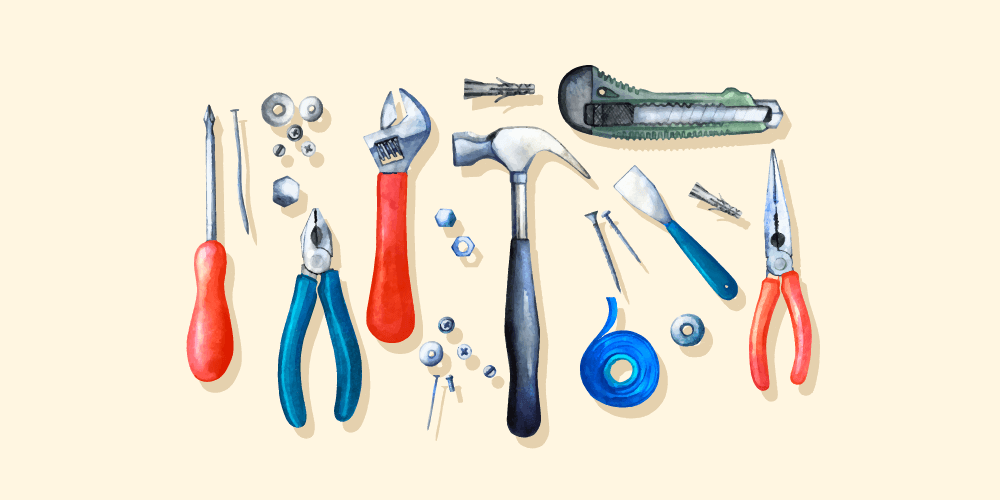In 1999, the Disney channel premiered one of its best home movies, Smart House. The premise revolves around a teen science whiz winning a new smart home for his family. It is controlled by an AI “PAT” who cooks, cleans, and even can read out your past medical history. A dream! However, Smart House is also one movie that warns of the dangers of artificial intelligence bypassing privacy. This a concern we see almost daily in the age of virtual assistants.
Voice Assistants like Alexa, Google Assistant, and Siri already rank highly in inventions that completely changed humanity. According to Juniper Research, 2023 will see the number of voice assistants in use triple to 8 billion. For comparison, the world population just hit 8 billion in November of 2022! While this is amazing in terms of technological advance, life with voice assistants hasn’t been all it’s cracked up to be. Concerns over who or what are listening to our day to day lives and what they are doing with that information has been the source of serious debates and even legal battles. There is evidence that the tech is needed but the question is, is there an ethical way to have voice assistants? Enter, open source.
What is Home Assistant?
Home Assistant is an open source home automation tool that stresses privacy. It also seeks to put most control into the hands of its owners. This is a breath of fresh air as privacy concerns make up the bulk of criticism for popular voice assistant tools. Home Assistant can also run off a Raspberry Pi or local server. The plan is to have this voice assistant run without an internet connection.
Why is this a big deal? There have been numerous news reports about voice assistants listening in on sensitive information and even at times sending this information out. Personal data is big money but the implications of having everything in your life recorded and saved by big brother mega tech is scary. And has been since before the creation of this technology. Home Assistant’s goal is for you to still have the smart house of your dream without sacrificing your personal data or even your existing technology.
Paulus Schoutsen, the founder of Home Assistant wrote out his vision for perfect home automation in 2016. In it, he stresses a few things that I think are very important for the future of home automation tech. The most important one in my opinion is that we should not have to adapt to technology because we may end up reinventing the wheel. I love this idea because it teaches people that just because a piece of tech is new, that does not mean it is the best.
Your smartphone app that controls your lights is amazing, but you should still have the original switch in your home. Dead batteries/accessibility for visitors should be paramount. Home Assistant works in tandem with your existing technology. So if you already have popular voice assistant technologies in your home, you won’t have to replace them. You will however have the option to enhance them and make them your own.
This is just another example of the wonders of what people can do when they take the open source route. Developers all over the world, as well as the founder, have been able to work with existing technology to not only make this specific section of AI more accessible but also more practical. The days of sacrificing privacy for comfort may be over.
But be aware, this is work
Nothing in life is perfect. Just the sheer amount of technological knowledge one must have to get into tinkering with advanced portions of Home Assistant is beyond the average level. This in my opinion alienates a large amount of the population already. That also goes into the time aspect. The amount of time you have to spend on Home Assistant goes well beyond the five minute setup of Alexa. Although there is a lot of documentation to help with this, the terminology is enough to make the average Siri user want to scrap it. I deal with tech every day and it even intimidates me.
Should you try Home Assistant?
As someone with Google Home, Alexa, and Siri I am not opposed to jumping in and trying Home Assistant. I love to tinker and create things so the most intimidating part about it is not a big deal to me. However, do I think this is something that will become big soon? If I had to guess, I would say no. Home Assistant has a long way to go in terms of connecting with the everyday person, but I think they are off to an amazing start. If they continue the path they are on, I can say with confidence the only unrealistic thing about the movie Smart House will be that someone was able to get a free/affordable house.


